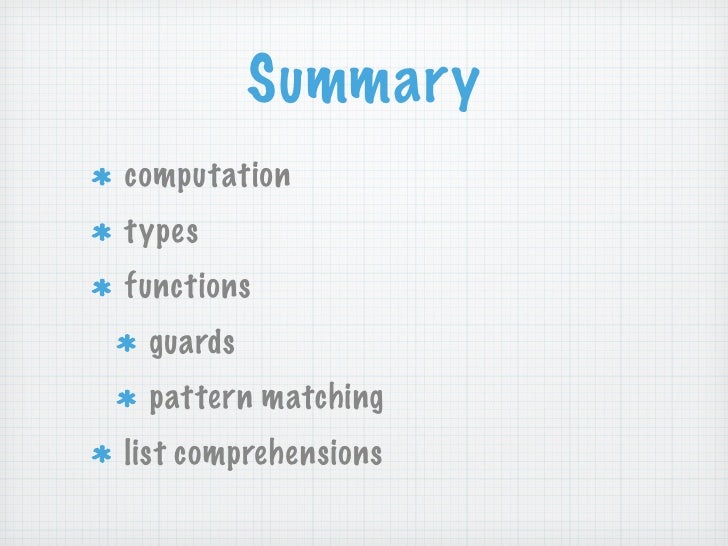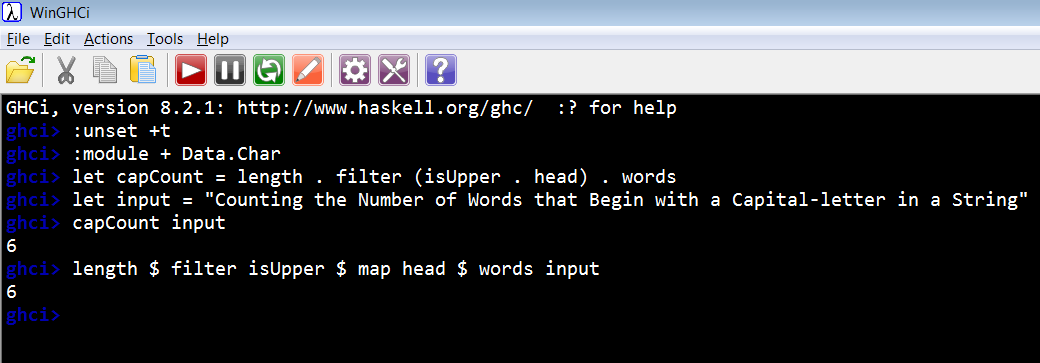

Object-Oriented Programming uses the "Loop" concept for the iteration of Data collection. Object-Oriented Programming supports the use of the loops and conditional statements for the flow control.įor the iteration of the data collection, functional programming uses the"Recursion" concept. OOP does not work on parallel programming.įor the flow control, we do function calls & function calls with recursion. Methods of the OOP can produce the side-effects.įunctional Programming follows parallel programming. The methods of Functional Programming will not produce any side-effects. OOP supports the imperative Programming Model.įunctional Programming focuses on the "What we are doing". The functional programming language supports immutable data.įunctional Programming supports the Declarative Programming Model. Differences between the Functional Programming and Object-Oriented Programming are: Sr.No. The LISP supports artificial intelligence applications such as language processing, Machine learning, Modelling of speech and vision. That's why functional programming needs a large memory space.įunctional programming is used to perform the different operations on the same data set.
#Haskell functional programming tutorial code#
This type of code supports reusability and testability easily. We can do the program "Functions" to work parallel to "Instruction".

Object-Oriented Programming supports the Abstraction, Encapsulation, and Polymorphism, just like functional programming languages support OOPS concepts.Īdvantages of the functional programming languages are as shown below:.It does not support the flow of the controls like statements of the loop, and statements are like the conditional statements such as If-Else and Switch Statements. Functional Programming language directly uses the functions and function calls.Functional programming supports functions in higher-orderand features of lazy evaluation.These functions use conditional expressions and recursion to perform the computation.


Functional programming is designed to handle the symbolic computation and application processing list, and it is based on mathematical work.


 0 kommentar(er)
0 kommentar(er)
